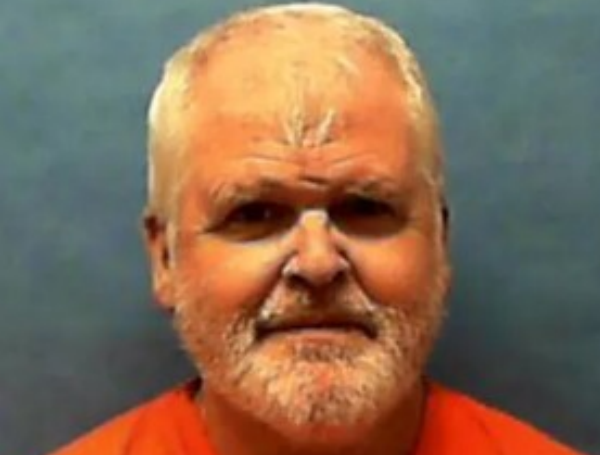The clock continues to tick for Jeffrey Glenn Hutchinson, as the Florida Supreme Court has firmly upheld his death sentences for the brutal 1998 murders of three innocent children.
In a decisive ruling issued Friday, the state’s highest court denied Hutchinson’s fourth successive attempt to overturn his conviction and death sentences, along with a petition for habeas corpus.
This latest legal volley comes more than twenty years after Hutchinson’s horrific crime, in which he gunned down nine-year-old Geoffrey, seven-year-old Amanda, and four-year-old Logan in their own home, after an argument with their mother, Renee Flaherty, whom he also murdered. Governor Ron DeSantis had previously signed a death warrant for Hutchinson, setting the stage for this most recent round of legal challenges.
READ: Florida Launches Ambitious Initiative To Power Up State’s Communications Network
Hutchinson’s appeals centered on arguments that the expedited timeline for warrant litigation unfairly hampered his ability to present his case and that Florida’s method of selecting inmates for execution lacked constitutional safeguards. He further contended that his extended time on death row, coupled with alleged brain damage, constituted cruel and unusual punishment.
However, the Florida Supreme Court remained unswayed. The justices systematically rejected each of Hutchinson’s claims, arguing that the lower court had acted appropriately in denying his requests for records and dismissing his post-conviction motion.
The court emphasized that Hutchinson had been afforded ample opportunity throughout the lengthy legal process to raise his concerns and that the Governor’s discretionary power in issuing death warrants does not violate constitutional principles.
READ: Florida Death Row Inmate Loran K. Cole Executed After 30 Years: Final Moments Witnessed By 19
In denying Hutchinson’s habeas petition, the Supreme Court also refused to broaden the scope of the Atkins v. Virginia ruling, which prohibits the execution of individuals with intellectual disabilities, to include those with other neurocognitive disorders.
The court further dismissed Hutchinson’s argument that ineffective assistance of his postconviction counsel warranted a review of otherwise procedurally barred claims.
Finally, the challenge to the heinous-atrocious-or-cruel (HAC) aggravator, applied in the sentencing for Geoffrey’s murder, was deemed untimely and without merit.
With these rulings, the Florida Supreme Court has cleared the path for Hutchinson’s execution, denying his requests for a stay and oral argument, signaling an end to his protracted legal battle.
Please make a small donation to the Tampa Free Press to help sustain independent journalism. Your contribution enables us to continue delivering high-quality, local, and national news coverage.
Connect with us: Follow the Tampa Free Press on Facebook and Twitter for breaking news and updates.
Sign up: Subscribe to our free newsletter for a curated selection of top stories delivered straight to your inbox.
